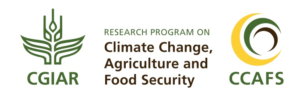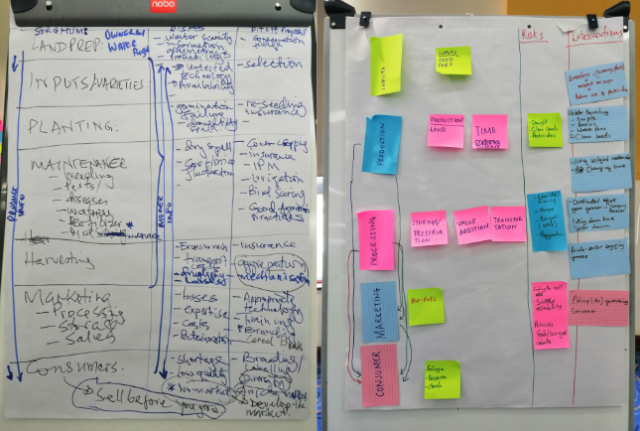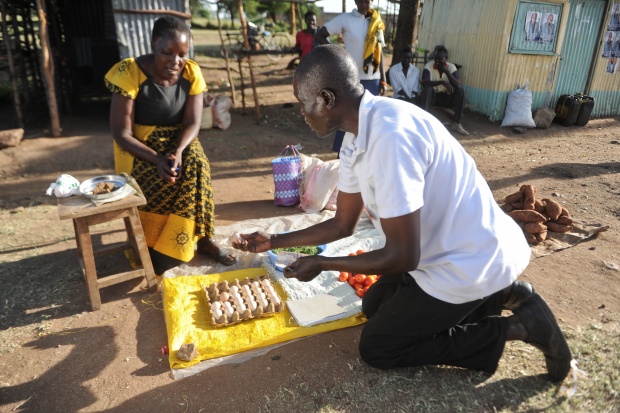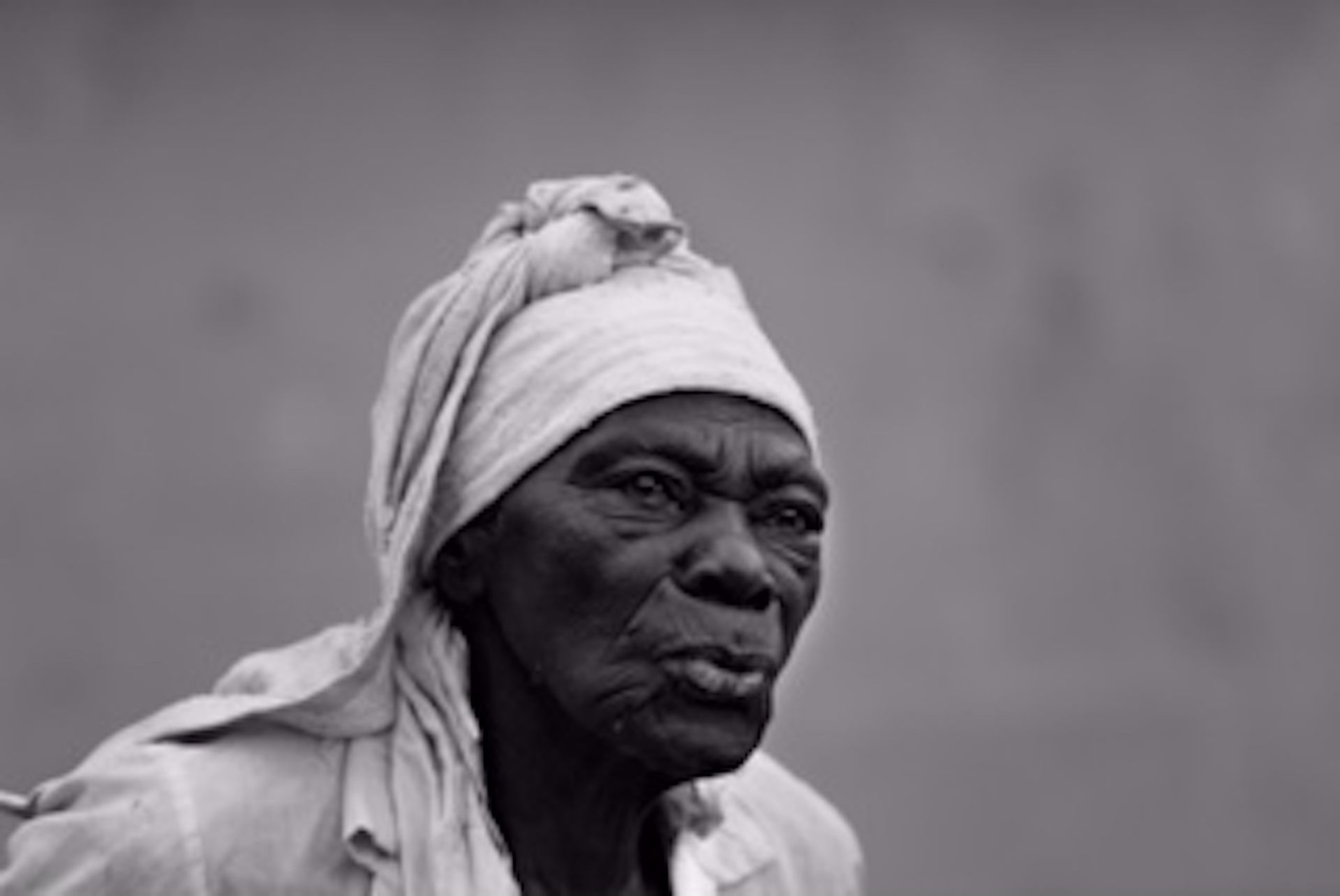 Article in collaboration with: CGIAR Research Program on Climate Change, Agriculture and Food Security (CCAFS) seeks to address the increasing challenge of global warming and declining food security on agricultural practices, policies and measures through strategic, broad-based global partnerships.
Article in collaboration with: CGIAR Research Program on Climate Change, Agriculture and Food Security (CCAFS) seeks to address the increasing challenge of global warming and declining food security on agricultural practices, policies and measures through strategic, broad-based global partnerships.
Across the value chain, farmers face risks from production to market. Experts meet in Nairobi to identify opportunities to de-risk key agricultural commodities.
In April 2019, professionals from the soft commodity sectors who represent diverse value chains across the African continent came together for the Sustainable Agriculture Summit in Nairobi, Kenya. The gathering served as an opportunity to learn from best practices, technologies, partnerships and real-life implementation of sustainable agriculture practices.
As part of the summit, the CGIAR Research Program on Climate Change, Agriculture and Food Security (CCAFS), in collaboration with the International Center for Tropical Agriculture (CIAT), the World Agroforestry Centre (ICRAF) and the Climate Smart Agriculture Youth Network (CSAYN) Kenya chapter, hosted a workshop on the role of climate-smart agriculture (CSA) in de-risking agricultural value chains. Twenty-five participants mapped their value chains while identifying key risk factors and developing business pitches for CSA interventions that would de-risk their respective value chains.
Related topics: Investment in Climate-smart Agriculture: Why Do it Now – Tracking Ethiopia’s livestock emissions to identify low-carbon development pathways – Farmcrowdy: the app helping agriculture in Africa
“CSA as a de-risk strategy is based on three major concepts: sustainably increasing agricultural productivity, improving resilience to climate-related shocks, and mitigating greenhouse gas emissions where possible” explained Christine Lamanna, Climate Decision Scientist at ICRAF, and co-facilitator of the workshop. “But the question is, can such an approach also make business sense?”

Value chains, risks, and CSA options identified for the sorghum (L) and cassava (R) value chains.Photo: C. Lamanna (ICRAF)
Overall, climate change risks—particularly from droughts, unpredictable rainfall and flooding—were found to affect production in all commodities, with the production stage being the most affected. “For us, flooding is the biggest risk for horticultural farmers at the Kenyan coastal area” said Benson Mwendia, a farmer from Kilifi County, Kenya, and founder of the CSA Excellence Center.
To offset these risks, climate-smart interventions such as provision of clean, certified, drought tolerant seeds, water harvesting and irrigation, changing harvesting times, use of cover crops and regular soil checks were identified as remedies.
Beyond production risks
However, risks are not only found in the production stage. “Most of the agricultural losses and waste happen during post-harvest” noted Philip Simiyu, a graduate student at the University of Nairobi. Kenya loses 5 million bags of maize yearly to poor post-harvest handling through inadequate storage facilities and poor preservation techniques. With traditional drying techniques, changing weather patterns result in prolonged drying times and upraised aflatoxins. The situation is further worsened by long transportation periods from farms to markets. CSA options to mitigate post-harvest losses such as drying grains using solar dryers, use of appropriate preservation facilities, changing harvesting times and use of better storage bags could de-risk this stage of the value chain.
Evidently, the potential of CSA to mitigate risks in value chains is high, so why aren’t farmers and agribusiness professionals implementing them? A key barrier to adoption of CSA was found to be access to finance. Luckily, there are a growing number of innovative financing mechanisms, such as Financial Access, which lends exclusively to CSA and agribusiness farmers. Insurance is another option to reduce the financial risks faced by farmers. “Insurance for agriculture isn’t just limited to weather index-based insurance anymore. New products are being developed that cover the entire value chain, including risks to labor” said Wairimu Muthike of ACRE Africa.
There was agreement on CSA’s potential for risk mitigation as well as its business sense: “… we need to bring the private sector to farmers to bridge the gap and engage the government in support of local farmers incentives” concluded Kenneth Monjero, Lead Scientist with Kenya’s Agricultural and Livestock Research Organization (KALRO).
About the author: Hannah Kamau is Research Assistant at the World Agroforestry Centre (ICRAF). Victor Mugo is Country Coordinator at the Climate Smart Agriculture Youth Network (CSAYN). Christine Lamanna is Climate Decision Scientist at ICRAF. Catherine Mungai is Partnerships and Policy Specialist at CCAFS East Africa. Seble Samuel is the Communications and Knowledge Management Officer at CCAFS East Africa.
EDITOR’S NOTE: The opinions expressed here by Impakter.com columnists are their own, not those of Impakter.com. Photo Credit: K. Trautmann (CGIAR)










